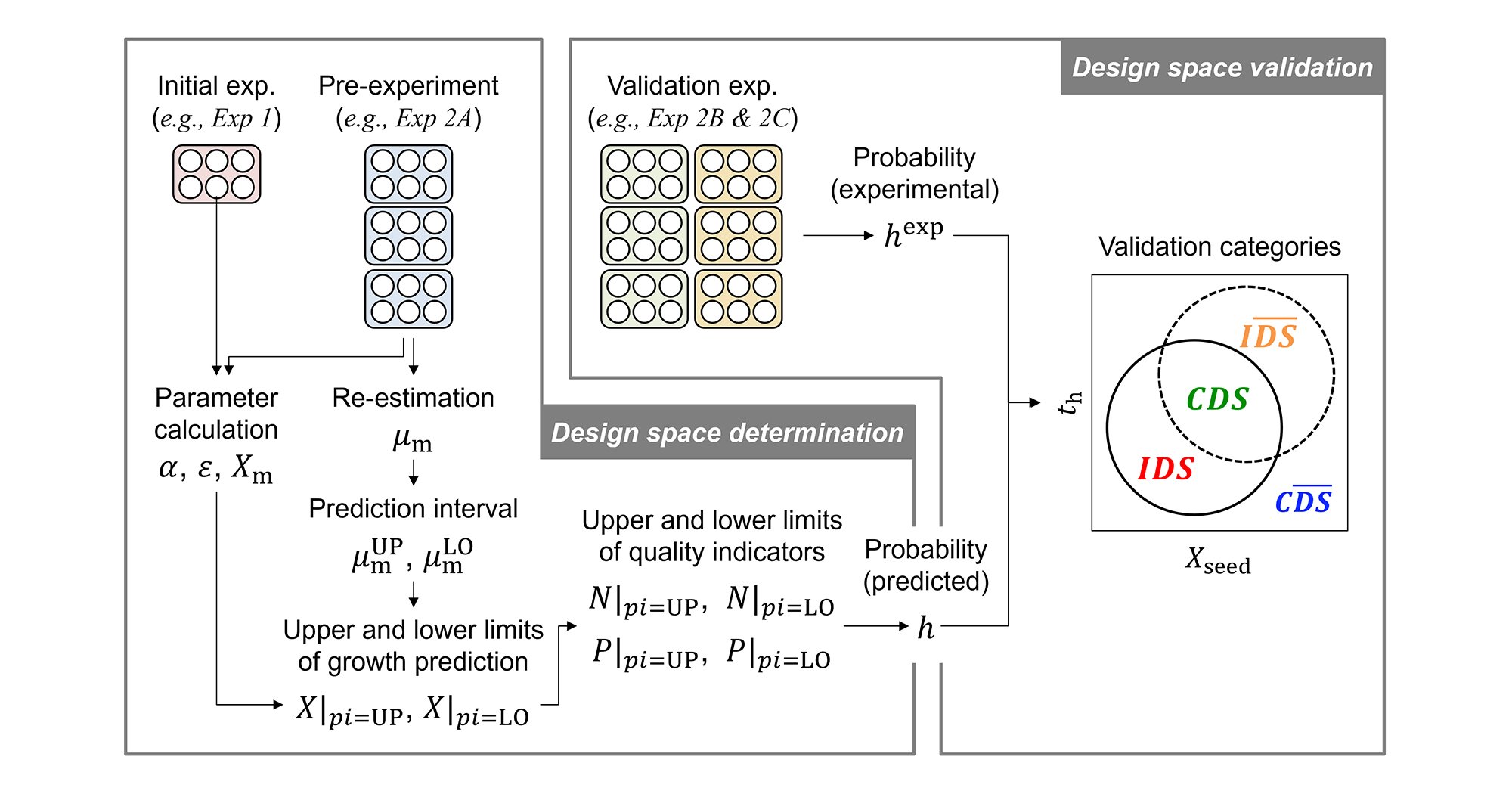Share this
Author
Yuta Fujiki, Takahisa Tanaka, Kyosuke Yakabe, Natsumi Seki, Masahiro Akiyama, Ken Uchida, Yun-Gi Kim
Abstract
Inflammatory bowel disease (IBD) is a chronic disease characterized by repeated relapses and remissions and a high recurrence rate even after symptom resolution. The primary method for IBD diagnosis is endoscopy; however, this method is expensive, invasive, and cumbersome to use serially. Therefore, more convenient and noninvasive methods for IBD diagnosis are needed. In this study, we aimed to identify biological gas markers for the development of gut inflammation. Using dextran sulfate sodium (DSS)-induced colitis mouse models, five biological gases were analyzed to identify predictive markers for the development of gut inflammation. Additionally, the correlation between the changes in gas composition, gut microbiota, and inflammatory markers was assessed. The hydrogen (H2) level was found to be negatively correlated with the level of lipocalin-2 (LCN2), a gut inflammation biomarker, and weight loss due to DSS-induced colitis. Furthermore, gut microbes belonging to the Rikenellaceae and Akkermansiaceae families were positively correlated with LCN2 levels and weight loss, whereas Tannerellaceae abundance was negatively correlated with LCN2 level and weight loss and positively correlated with H2 levels. This study provides new insights for IBD diagnosis; the H2 levels in biological gases are a potential biomarker for intestinal inflammation, and specific gut microbes are associated with H2 level changes.
Gut Microbiome: https://doi.org/10.1017/gmb.2023.17
These Related Stories


